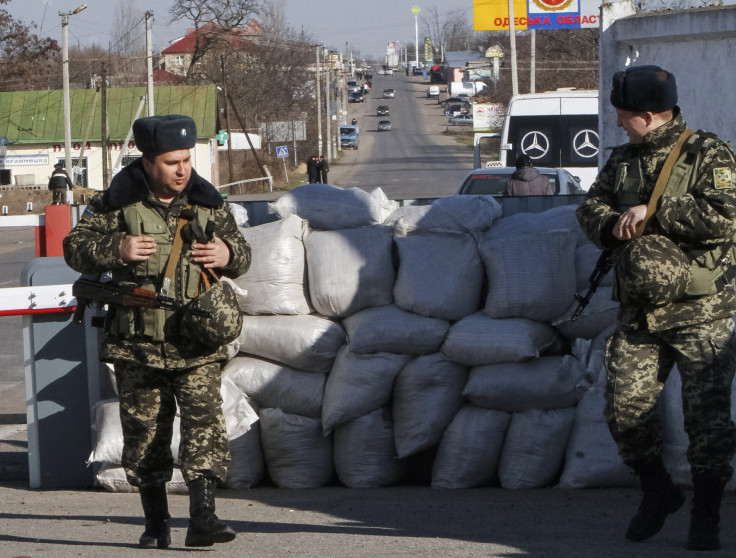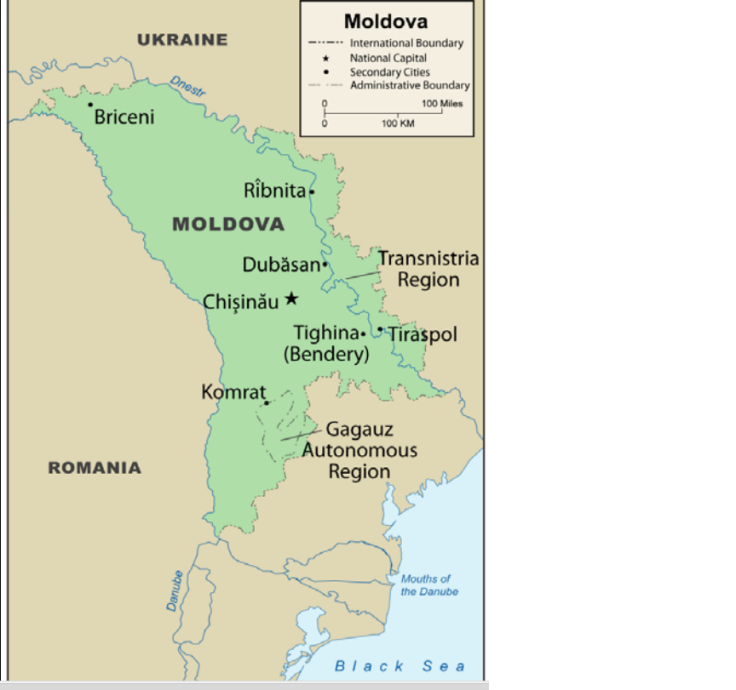Could Moldova Be The Next Crimea? Ethnic Russians In Transnistria Call On Moscow For Accession

After Russia approved a draft bill that would recognize Ukraine’s autonomous region of Crimea as an independent state, another former Soviet republic, Moldova, fears that it may face the same fate, as its ethnic Russians living in a breakaway territory within the country make moves to join Russia.
The breakaway territory, known as Transnistria, is not recognized as an independent state by any U.N. member; Moldova considers it an autonomous region. It has a majority of ethnic Russians, and on Monday representatives of the local parliament adopted a resolution asking Russia’s legislative assembly to grant them citizenship and admission into the Russian Federation.
"[Transnistria] appealed to the Russian Federation leadership to examine the possibility of extending to Transnistria the legislation, currently under discussion in the State Duma, on granting Russian citizenship and admitting new subjects into Russia,” Irina Kubanskikh, a spokeswoman for the Transnistria parliament, said, as reported by Russia's Itar-Tass news agency.
In 1992 a conflict erupted between Moldova’s government and ethnic Russian separatists, leaving 300 people dead. Later that year a cease-fire was brokered, which led to a demilitarized zone that was enforced by the Russian army.
To date there are around 2,000 Russian troops stationed in Transnistria, who guard huge weapons and ammunition stockpiles.
While the majority of Moldovans see themselves as culturally close to Romania, 200,000 people in Transnistria are ethnic Russians and have Russian citizenship, which could serve as a pretext for Russian action. Moldova's population is around 4 million.

In the past, Russian leaders have asserted the right to intervene militarily in other countries to protect fellow Russians, according to a 2013 Congressional Research Service report.
“In Crimea, Ukraine is confronting the same problem that Moldova did 20 years ago," Iurie Leanca, Moldova’s prime minister, said on March 10, referring to the conflict and continued Russian troop presence in the border region.
This is not the first time Transnistria asked to join Russia. Back in 2006 Transnistria held a referendum favoring Russian accession, which coincidentally had the same percentage of pro-Russia votes as Crimea’s referendum had on Sunday, which was 97 percent.
© Copyright IBTimes 2025. All rights reserved.






















